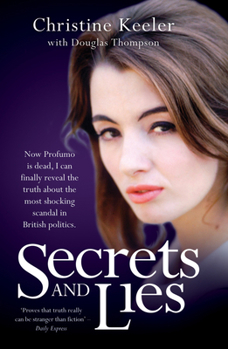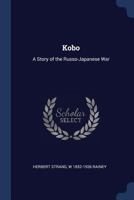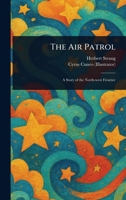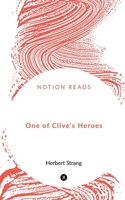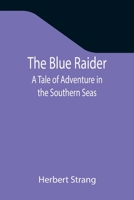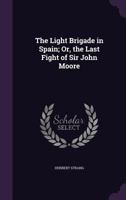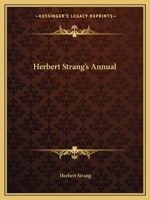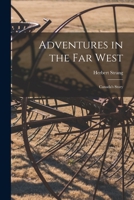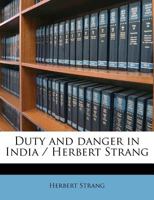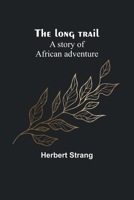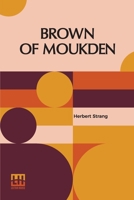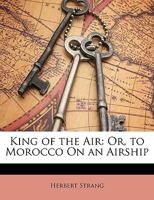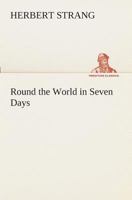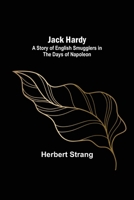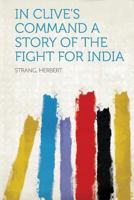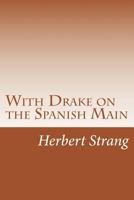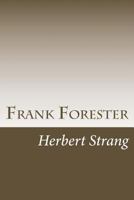Secrets and Lies: Now Profumo Is Dead, I Can Finally Reveal the Truth about the Most Shocking Scandal in British Politics.
Select Format
Select Condition 
Book Overview
Christine Keeler's name is as synonymous with the sixties sexual revolution as the Pill. Having found fame and success as a model--the portrait of her naked astride a chair is iconic--her short affair with the Minister for War, John Profumo, led to his downfall and the end of Harold Macmillan's Conservative government, and was at the heart of the social and political earthquake that followed. She became the subject of scandal, intrigue, and gossip, and was tried for perjury and briefly jailed following the death of Stephen Ward, the socialite who had introduced her to Profumo. Now that those directly involved are no longer alive, Christine is finally able to tell the full story of that extraordinary time. Secrets and Lies charts the life's journey of a woman whom history has refused to let go, who can never escape being Christine Keeler. She remains a headline and will do so forever. It is the fascinating and shocking account of her enormous personal sacrifice, her unstinting resolve, and her triumphant survival, set against a backdrop of political turmoil and Cold War espionage. The story that Christine Keeler has been brave enough to tell will shatter many preconceptions, and has the power to rewrite history.
Format:Paperback
Language:English
ISBN:1782198962
ISBN13:9781782198963
Release Date:June 2014
Publisher:John Blake
Length:288 Pages
Weight:0.55 lbs.
More by Herbert Strang
Customer Reviews
1 customer rating | 1 review
There are currently no reviews. Be the first to review this work.











